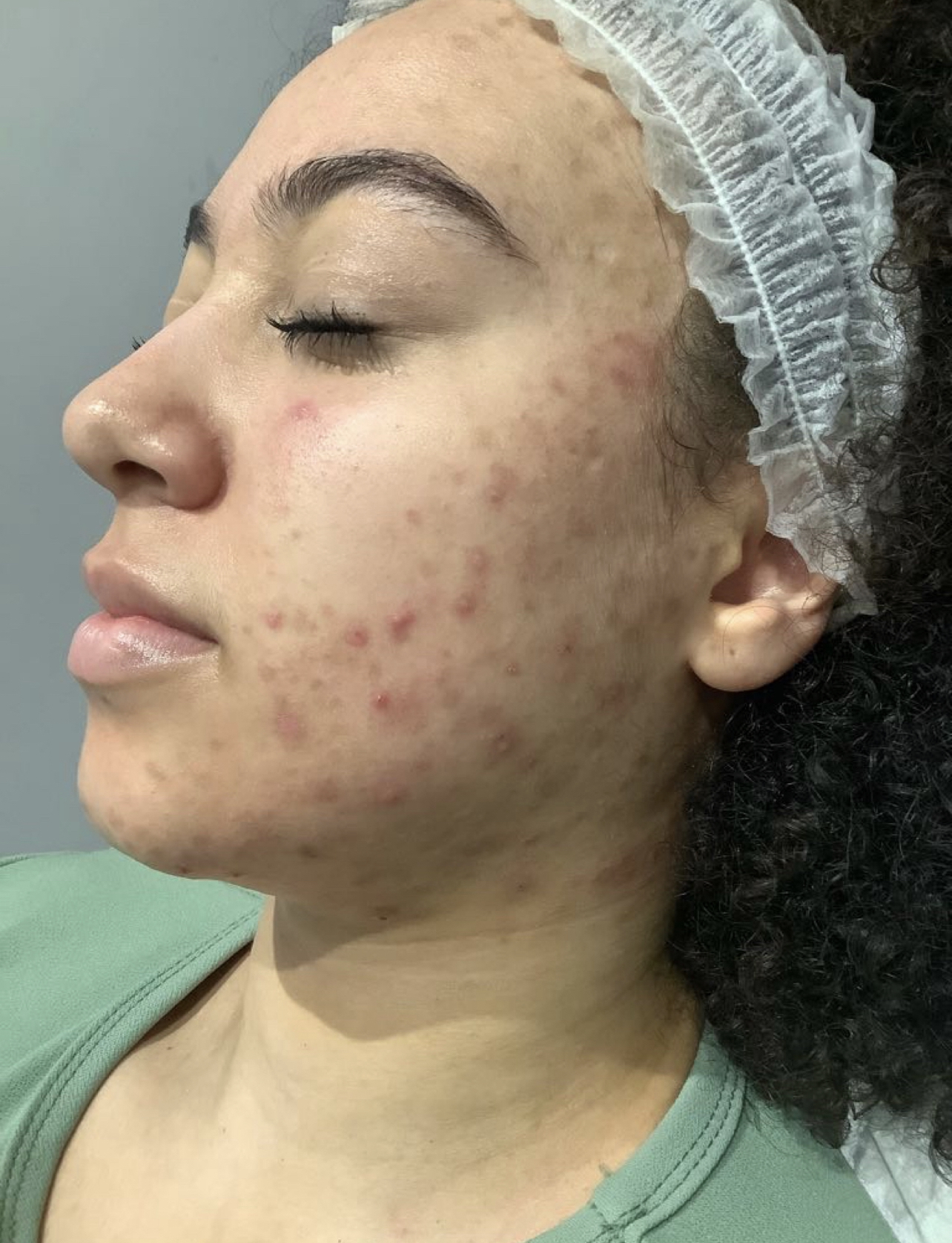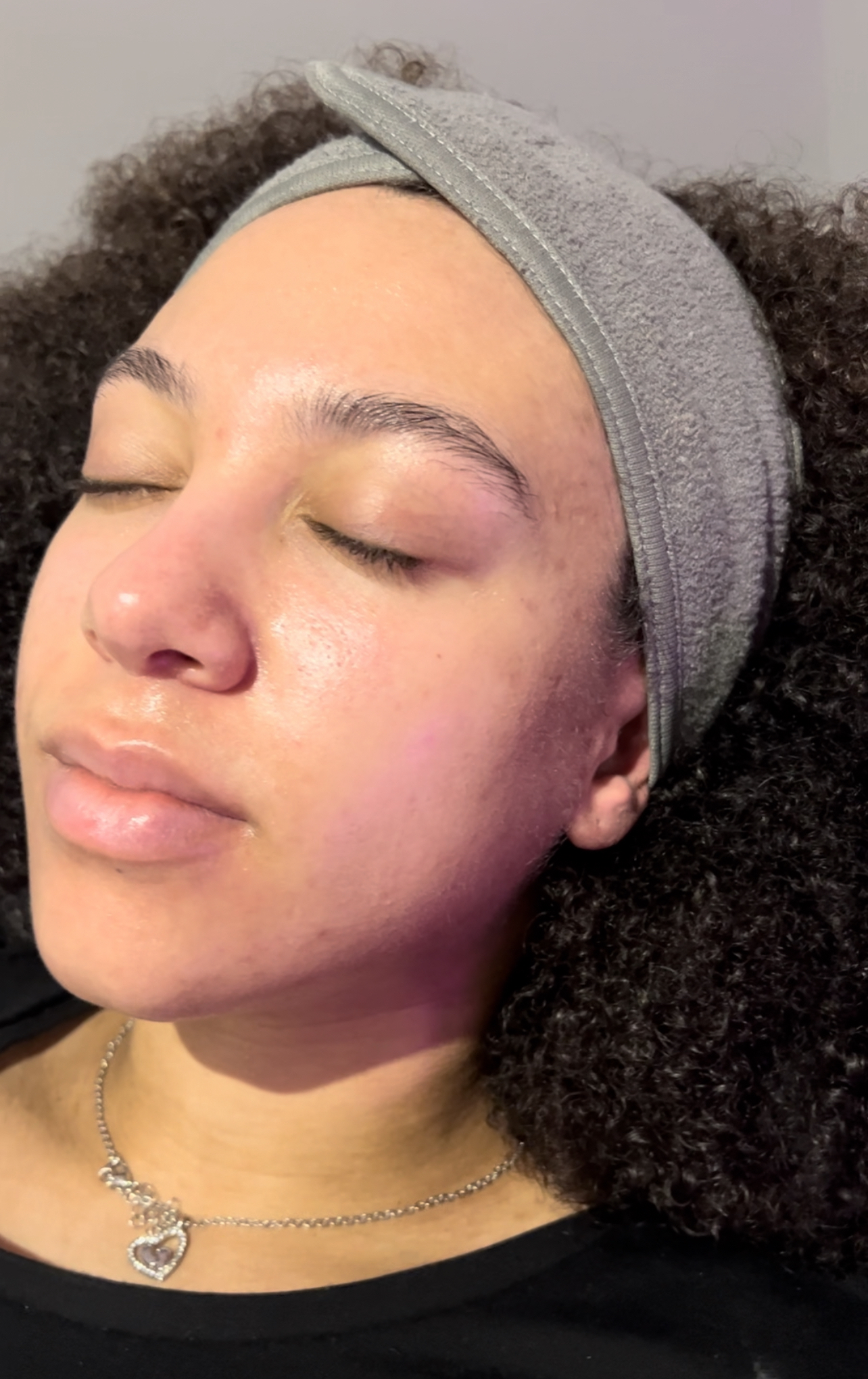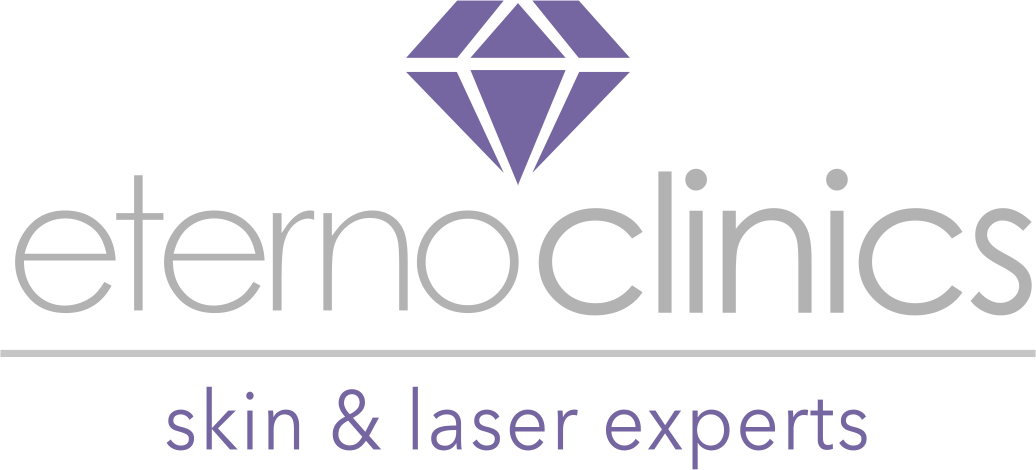Chemical Peels Wolverhampton
Treatment Time
45 Minutes
Recommended Sessions
3-6 initial (Maintenance Advised)
Return to Work
Within 48 Hours
Comfort Level
Warming & Tingling Sensation
What are DermaQuest Chemical Peels?
DermaQuest Chemical Peels are graded treatments for the active purpose of treating more stubborn skin concerns, such as grade 1-3 acne, melasma and hyper-pigmented scarring. They provide advanced resurfacing and correct effects on the skin that really acquire visible improvements.
How Do DermaQuest Chemical Peels Work?
DermaQuest Chemical Peels work by actively exfoliating into the dermis helping to rid of more stubborn skin concerns. Although within the same family as a Resurfacer, a DermaQuest Chemical Peel will have the ability to treat the skin much more aggressively, yielding more advanced results. Due to the capability and penetrative delivery systems of the solutions used, a more intense skin shed will be present post treatment.
Results


Who is a DermaQuest Chemical Peel Suitable For?
A DermaQuest Chemical Peel is suitable for all skin tones and skin types, including melasma, active graded acne and all forms of acne scarring.
What are the Treatment Benefits?
Due to its aggressive exfoliation and resurfacing effect, transformative results can be achieved. Treatments can help to control even the most stubborn of acne concerns which dramatically improving the skin tone & texture. Treatments can be completely customised by following individual tailored protocols, suitable specifically for the concern in question.
How Many Treatments Are Required?
We recommend an initial course of 6 treatments spaced every 4 weeks apart, followed then by a 3 month break. A course can then recommence if required.
How Long Will DermaQuest Chemical Peel Results Last?
Due to it being a corrective treatment, results can be long lasting.
Prices
| Product Used | Prices |
|---|---|
| DermaQuest Chemical Peel Solutions | From £125 |
FAQs
- What Is a Chemical Peel?
A chemical peel is a cosmetic procedure that involves applying a chemical solution to the skin to exfoliate and eventually peel off. This process helps improve skin texture, reduce signs of ageing, and address certain skin concerns.
- How Does a Chemical Peel Work?
The chemical solution used in a peel causes controlled damage to the skin’s outer layer, prompting the skin to regenerate. This leads to improved skin tone, reduced fine lines, and a more youthful appearance.
- What Skin Concerns Can a Chemical Peel Address?
Chemical peels are effective for addressing issues such as uneven skin tone, fine lines, sun damage, acne scars, and mild to moderate skin imperfections.
- Is a Chemical Peel Suitable for all Skin Types?
Chemical peels are available in different strengths, making them adaptable to various skin types. However, individuals with certain skin conditions or sensitivities should consult with a dermatologist or skincare professional to determine suitability.
- Are There Different Types of Chemical Peels?
Yes, there are superficial, medium, and deep chemical peels, each with varying strengths and depths of penetration. The choice of peel depends on the specific skin concerns and the desired level of improvement.
- Is a Chemical Peel Painful?
During the procedure, some individuals may experience a tingling or burning sensation, which is generally temporary. The intensity of discomfort can vary based on the type and strength of the peel.
- How Long Does a Chemical Peel Procedure Take?
The duration of a chemical peel can vary depending on the type and depth of the peel. Superficial peels may take around 30 minutes, while deeper peels may require more time.
- What is the Downtime After a Chemical Peel?
The downtime varies based on the type of peel. Superficial peels may have minimal downtime, while deeper peels may require several days to a week for the skin to fully recover. It’s crucial to follow post-peel care instructions.
- How Many Sessions Are Needed For Best Results?
The number of sessions depends on the specific skin concerns and the type of peel. Some individuals may see improvement after one session, while others may require an initial 3-6 sessions for best results.
- What Happens After a Skin Peel?
After a skin peel, there may be some redness, peeling, and temporary changes in skin texture. It’s essential to follow the post-peel care instructions provided by your skincare professional to optimise results and minimise potential side effects.
- Is My Skin Type Suitable for a Skin Peel?
Skin suitability for a peel depends on factors such as skin type, current conditions, and medical history. Consult with a dermatologist or skincare professional to assess your skin and determine the most appropriate type and strength of peel for your individual needs.
- How Will I Feel During a Skin Peel Treatment?
You may experience a tingling or burning sensation, mild discomfort, or warmth on the skin during the treatment. Skincare professionals often use measures such as cooling devices to minimise discomfort.
Trusted & Approved By You
Request A Call Back
Contact Us
"*" indicates required fields

